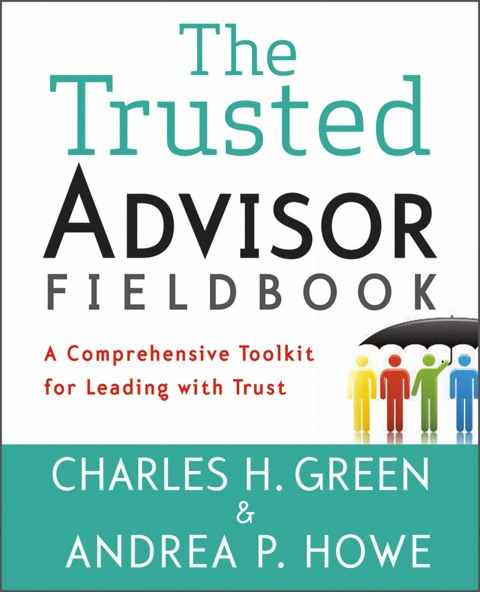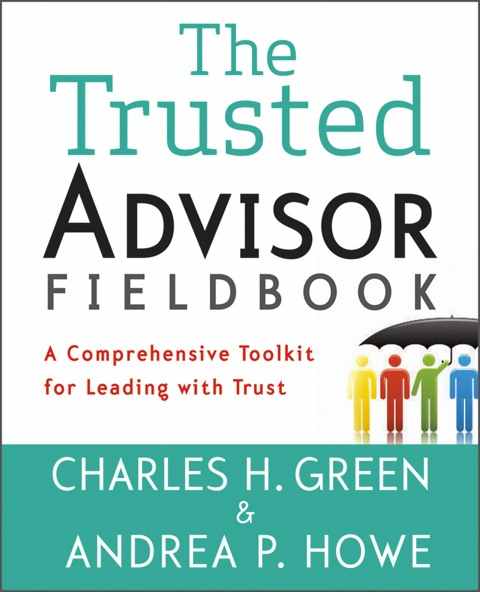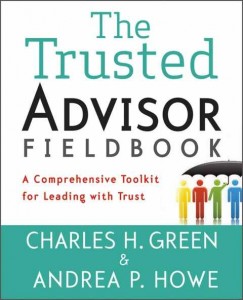An Unconventional Client Retention Strategy
 Most people usually don’t think of empathy as having much business value. In fact, you might think if you start empathizing with your clients, you’ll lose your edge; you’ll appear “soft;” you’ll lose business. Here’s a compelling story* about a global firm that turned that conventional wisdom on its ear and transformed a big loss into a big win.
Most people usually don’t think of empathy as having much business value. In fact, you might think if you start empathizing with your clients, you’ll lose your edge; you’ll appear “soft;” you’ll lose business. Here’s a compelling story* about a global firm that turned that conventional wisdom on its ear and transformed a big loss into a big win.
The News No One Wants to Hear
Once upon a time, a Midwestern U.S. office of a global accounting firm was informed by one of its major clients that the audit work they usually did would be going out to bid. The partners were shocked. “We hadn’t seen it coming,” one partner said, “and they were very clear that this was final.” As a nicety, the client gave them the opportunity to bid.
They brainstormed about why the client could possibly be unhappy with them. What had they done to get the boot? What might have been said at the meeting that resulted in this decision?
Once they had a pretty good idea what the issues could have been, they did something dramatic.
Sometimes Not Risking is Very Risky
Instead of using their 90-minute time slot to do a conventional presentation, four of their partners acted out a skit for the four client executives. They role-played those very execs having that decisive meeting.
They said things like, “Well, those audit folks just haven’t showed us that they have what it takes.” “That’s right, they haven’t been proactive enough.” They humbly and genuinely gave voice to the critical thoughts they imagined the client was thinking.
Unexpected Returns
“We were prepared to get yanked out of there in two minutes,” one partner said. “And, in fact, after five minutes, we stopped and asked them if they wanted us to stop. But they were fascinated; they asked us to keep going. And we did, for nearly an hour. We just kept talking—as if we were the client—about the things that we had done wrong and should have done better. And the client listened.”
Here’s the extraordinary ending to the story: the client rescinded their decision to put the work out to bid, and the firm got the job back. Why? Because they had been able to prove they understood their client’s concerns—in an honest and effective demonstration of empathy. They showed they had finally been listening. As a result, they won the right to try again.
The Business Value of Empathy
Seeing things from the clients’ perspective requires more than just taking good notes, muttering “I understand” from time to time, or periodically pausing to summarize the content of their communications. It means taking the time to tune into the tone, mood, and emotion—the music—as well as the words. It means reflecting it all back accurately and frequently. It means differentiating yourself by not just being the smart ones, but the ones who really get it—not just during the tough times, but all the time.
Bring empathy to the table from the get-go and your chances of getting a nasty unexpected surprise diminish greatly. Pull out all the empathy stops when things go awry and you dramatically improve the odds that you at least salvage the relationship, if not the contract.
Add empathy to your business toolbox and see what it does to help you gain and retain clients for the long haul.
—————————-
*This and other compelling stories can be found in The Trusted Advisor Fieldbook: A Comprehensive Toolkit for Leading with Trust


 To anyone who doubts the power of social media, I tell them how I came to know David A. Brock. Dave’s
To anyone who doubts the power of social media, I tell them how I came to know David A. Brock. Dave’s  Charlie and I recently recorded a podcast interview with Mike McLaughlin on the subject of trust and professional services. We covered a lot of ground in 16 minutes, including the one piece of advice we’d each give consultants about building trust with clients.
Charlie and I recently recorded a podcast interview with Mike McLaughlin on the subject of trust and professional services. We covered a lot of ground in 16 minutes, including the one piece of advice we’d each give consultants about building trust with clients.
 Over the past few months we’ve counted down 144 daily #TrustTips on Twitter. Each tip aimed to help you improve your trustworthiness and trusted relationships within your professional and personal lives. We collected them all
Over the past few months we’ve counted down 144 daily #TrustTips on Twitter. Each tip aimed to help you improve your trustworthiness and trusted relationships within your professional and personal lives. We collected them all